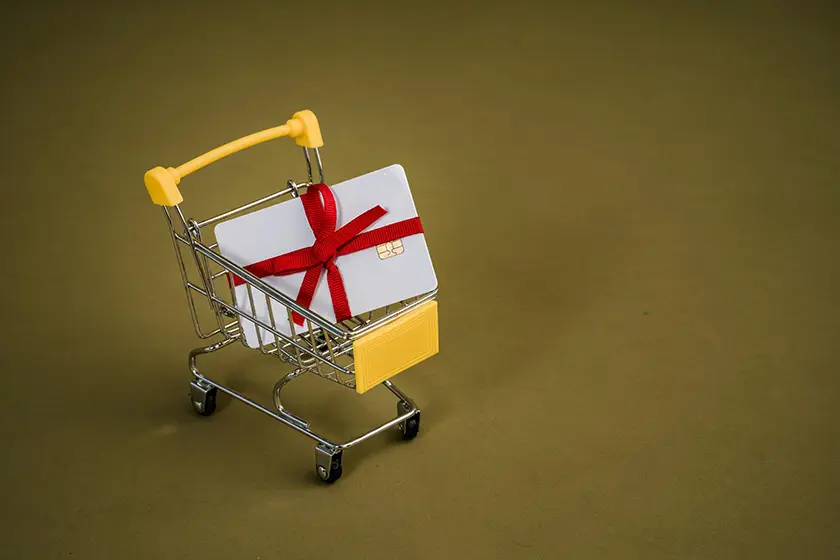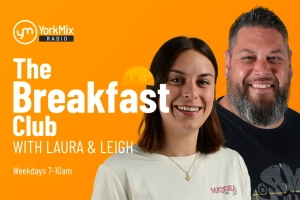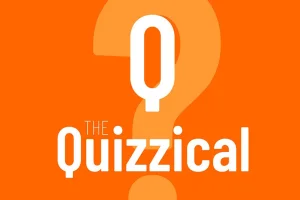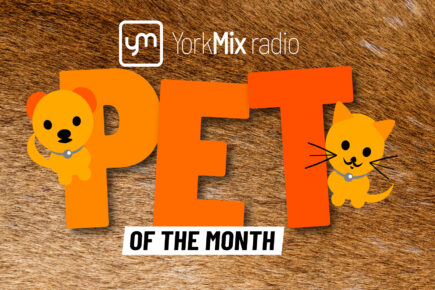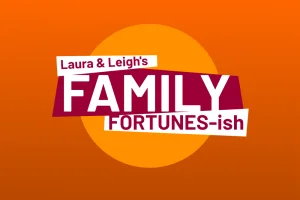‘Free’ is an appealing word that lures us in and keeps us engaged, and it applies in many situations. One area where we see free offerings frequently is online. They’re offered to consumers across various digital platforms, including streaming and gaming.
We even encounter them when shopping online. Digital freebies are win-wins for businesses and consumers. For businesses, they’re a low-risk way to entice consumers and transform them into loyal, paying customers, and for consumers, they present savings. And who doesn’t like those? These online promotions are so commonplace that they’ve become expectations when we’re seeking entertainment or ordering products. We now expect to get some sort of freebie—whether it’s free shipping or reward points for future purchases. Let’s explore some of the common digital freebies we encounter, why they’re so appealing and effective and how they’ve inadvertently become a central part of our digital routines.
Streaming Platforms and Trial Culture
Platforms like Netflix and Prime Video have hooked users by offering free trials of their services. Allowing users to enjoy the full service for free is a no-risk way for consumers to fully test the service without losing money if they don’t like it. For the platforms, it’s an opportunity to showcase the value of their service, which can encourage consumers to continue using the platform after the trial period ends. These types of trials extend beyond TV and movie streaming; they also encompass music, audiobooks, ebooks, news sites and magazines and many other digital tools and services that enhance our personal and professional lives.
With so many platforms that offer free trials, many in the UK have adopted ‘subscription hopping’ or ‘trial hopping’. This refers to the practice of moving from one trial to another to avoid paying for subscription services but still gain access to a platform’s full content catalogue. It’s become so commonplace that platforms are starting to move away from free trials and adopt different subscription models. For example, they might offer a freemium model, with varying levels of access to the platform’s services ranging from a free option with restricted access to paid options with additional features and content access.
Retail and Food Delivery Rewards
When it comes to gaming and food delivery, freebies and rewards are just as prominent as with streaming platforms—but they tend to come in different forms. These promotions include reward points for shopping that can be applied to future purchases, offers like free shipping to reduce overall order costs and subscription offers that include reduced or waived fees for placing orders. Reward points help build loyalty by encouraging customers to become repeat shoppers of a specific brand. By offering reward points, there’s a built-in incentive to return to the store to use the points or add more points to our total for a more lucrative discount the next time we shop. Another common offer seen in retail and food delivery is free shipping or free delivery. It’s a small incentive that businesses can offer customers, leading to more sales. For consumers, free delivery makes us more likely to place orders by reducing purchase barriers.
Subscription models also carry over well into the retail and food service industries because they build in a price that offers something of value. An example of this is Amazon Prime, which offers rapid and free delivery for its products for a set monthly rate. This reduces typically variable shipping costs from product to product and taps into our preference for immediacy—like getting the product we want in just a few hours rather than a few days.
Pret-style subscriptions and subscription boxes are another type of online promotion found in e-commerce. In these situations, the subscriptions provide a blanket price for products that offer savings to consumers, encouraging people to return to take advantage of the deal. Examples of this include Pret, which offers a coffee subscription option, and Frock Box, which offers personalised clothing options delivered directly to consumers.
These different offers have led to UK consumers shaping their shopping and eating habits around them. We favour platforms where we’ve already invested, like the subscription services of Amazon Prime, Pret and Frock Box, or where we hope to earn freebies. These offers shape loyalty and recurring customers for businesses.
Gaming and App-Based Rewards
Mobile games and apps incorporate rewards in creative ways to incentivise us to continue using them. Games incentivise users with rewards for daily logins, like coins or loot bags that can enhance gameplay. These encourage us to show up each day to play, earning the company revenue and giving us a source of entertainment. Game rewards can also include things like achievement rewards that give us access to new levels, characters or power-ups, and grant free lives or coins that enhance our gameplay experience by giving us more opportunities to beat levels or game challenges.
The inclusion of features like these can apply to more than just games. In a practice called ‘gamification’, app developers build in features that reward us for interacting with an app, even if the app is not game-based. These rewards can include badges, streaks, free upgrades and more. They make us more likely to use an app frequently and are applied in many industries to capture and retain our interest. We can find them in education and learning apps, like Duolingo, as well as in wellness apps like Calm and Headspace.
By offering rewards, apps not only encourage our ongoing use but also help us build habits around practices we want to adopt or stop. For instance, by offering streaks and badges for regular use, we’re more likely to build a lasting wellness habit, like daily meditation, or achieve a goal like learning a new language.
Casino Freebies and Bonus Offers
As online gambling in the UK is becoming more popular, there are far more casino incentives that attract and retain players and earn our ongoing loyalty. Like free trials, they offer low-risk or no-risk opportunities to try out new platforms, making it easier to attract a new player base to showcase the value and entertainment an online casino can offer.
Online casinos commonly offer incentives such as no-deposit bonuses, free spins and loyalty points. Both no-deposit bonuses and free spins allow players to test out table and slot games without making a financial commitment. Free spins can also be offered as an incentive alongside deposits made, extending gameplay opportunities and the odds of winning cash prizes, without requiring additional payments to facilitate gameplay. Loyalty points, like reward points offered in the retail and food industries, help build loyalty among players to keep them returning to the platform in the future. They encourage players to return to use the rewards they’ve earned on deposits or through playing different games, and to earn more through ongoing gameplay.
Similar to other rewards, online casino offers and freebies shape our downtime behaviour. We might start checking Target Slots offers to determine which games offer the best value for our time and money and log in for updated bonuses regularly—the same way we might open an app or mobile game to find out what the daily reward is.
Conclusion
Whether we realise it or not, online rewards shape our daily habits—especially when it comes to the entertainment we turn to during our downtime. Free trials offer opportunities to find new video and streaming content without financial barriers. Loyalty rewards and points encourage us to return to a specific store or platform time and again. Then there are the freebies and bonuses that reward our digital behaviours, motivating us to play or show up each day so we don’t miss out on an offer. These rewards and incentives build our behaviours in subtle ways, making them key drivers of our digital habits.





